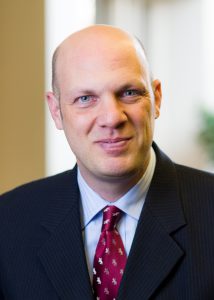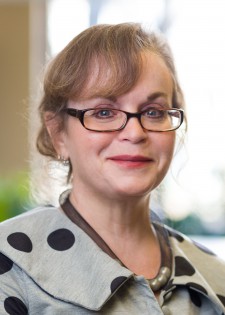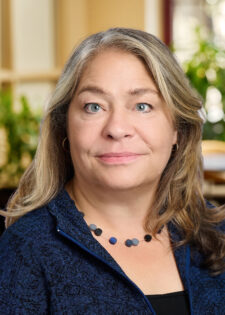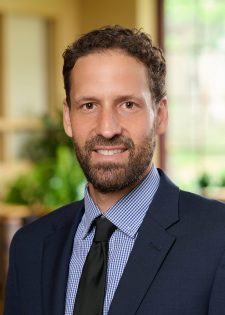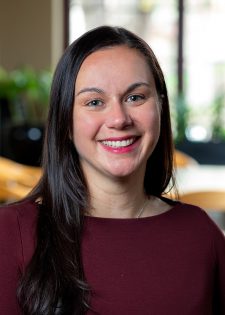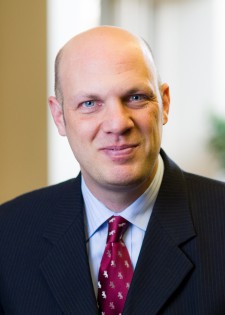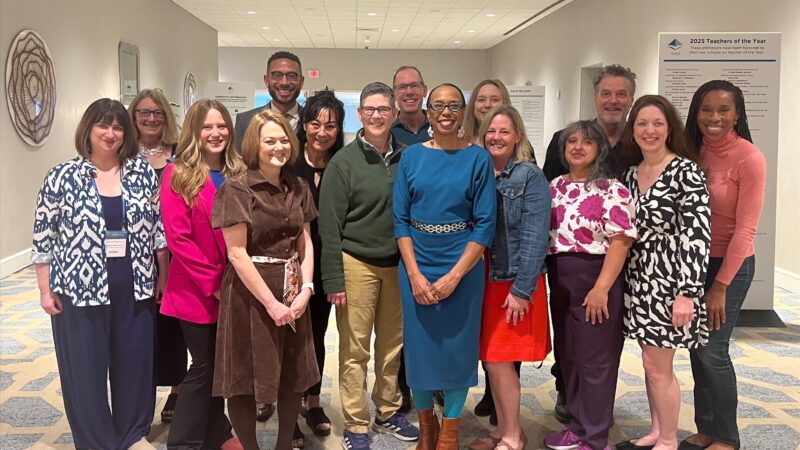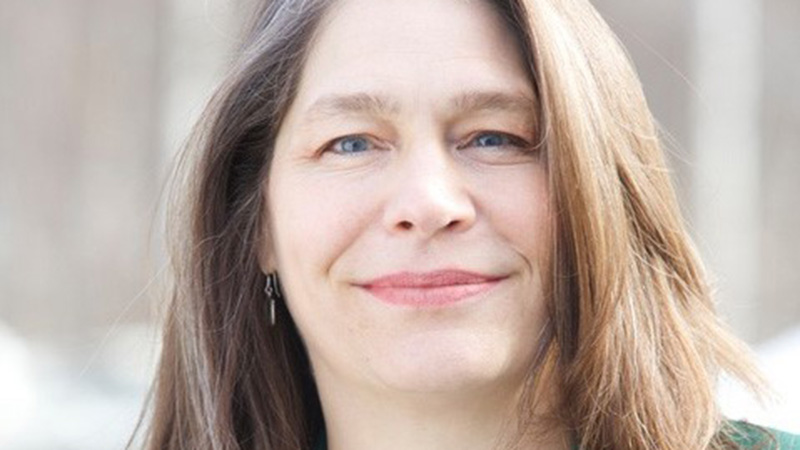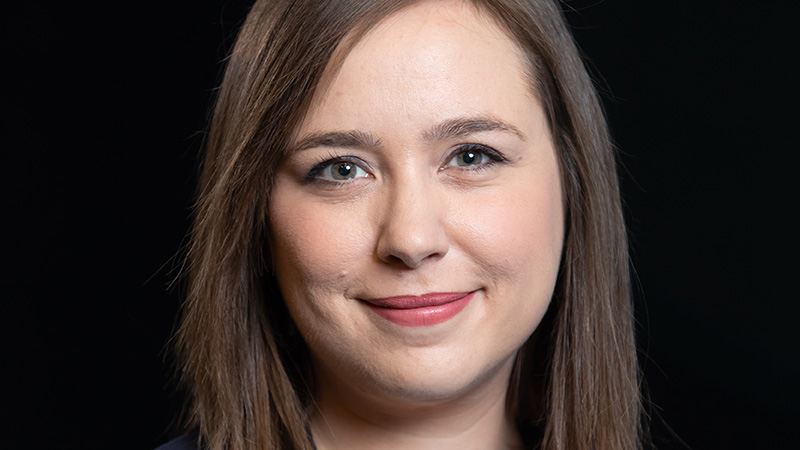Mitchell Hamline Professor Thaddeus Pope has been named as one of 12 new fellows at the Hastings Center, a preeminent New-York based bioethics research institute and think tank. Founded in 1969, the center was instrumental in establishing the field of bioethics and is the oldest independent, nonpartisan, interdisciplinary research institute of its kind in the world.
Pope joins more than 200 scholars and practitioners who have been named fellows in the center’s history, whose work “has informed scholarship and public understanding of complex ethical issues in health, health care, science, and technology,” according to a news release. In addition to the fellows program, the Hastings Center also produces publications on ethical issues in health, science, and technology.
“I’m honored to receive this recognition from the foremost research organization in bioethics,” said Pope. “I am rejuvenated every day in getting to do this work that is so important for people and their families.”
Pope is being recognized for his body of work in the area where law intersects with medical decision-making and end-of-life care. He was nominated for the recognition. As noted by the center, Pope:
“…works to balance liberty and public health; to assure adequate informed consent; and to develop fair internal dispute resolution mechanisms. His topics of research include medical futility, advance directives, aid in dying, Voluntarily Stopping Eating and Drinking (VSED), ethics committees, and brain death. He explores these issues in nearly 250 publications in leading medical journals, law reviews, bar journals, nursing journals, bioethics journals, and book chapters.”
Pope also cowrote “The Right to Die: The Law of End-of-Life Decisionmaking,” a definitive textbook on the subject. In addition to scholarship, his work includes writing amicus briefs, testifying before legislative bodies that are debating such policies, and helping craft professional organization policy statements.
“This fellowship is recognition of what we have long known here at our law school,” added Mitchell Hamline President and Dean Anthony Niedwiecki. “Thad is internationally known for his work in these important areas in bioethics, but I’m also personally grateful that our students are getting an even richer legal education at Mitchell Hamline because of the work he does in the classroom.”
Mitchell Hamline faculty
The latest from Faculty in the News
PolitiFact February 4, 2026
Star Tribune February 3, 2026
The latest faculty publications
Star Tribune January 9, 2026
Critical Care Medicine 54(1):p 154-162, January 2026 January 1, 2026
64 University of Louisville Law Review 77 (2025) December 15, 2025
The latest faculty headlines
Mitchell Hamline faculty showcase expertise at 2026 AALS Annual Meeting
From left: Miriam Itzkowitz, Laura Reilly ’94, Natalie Netzel ’15, Tressa Ries, Jared Mollenkof, Kaori Kenmotsu ’22, Carolyn Grose, Anthony Niedwiecki, Camille Davidson, Eleanor Frisch, Lynn LeMoine ’11, Hetal Dalal, Brad Colbert ’85, Leanne Fuith ’10, …
Mitchell Hamline welcomes Jessica West to faculty
Assistant Professor of Law Jessica West Joining the Mitchell Hamline faculty as an assistant professor of law, Jessica West combines a passion for student success with her experience as a practitioner to help law students build the skills they need for …
Eleanor Frisch joins legal writing faculty
Assistant Professor of Law Eleanor Frisch Having a strong sense of justice and being skilled at argumentation are what first led Eleanor Frisch (they/she) to a career in law, but it is a much deeper passion that has turned her now to teaching—a love fo …

